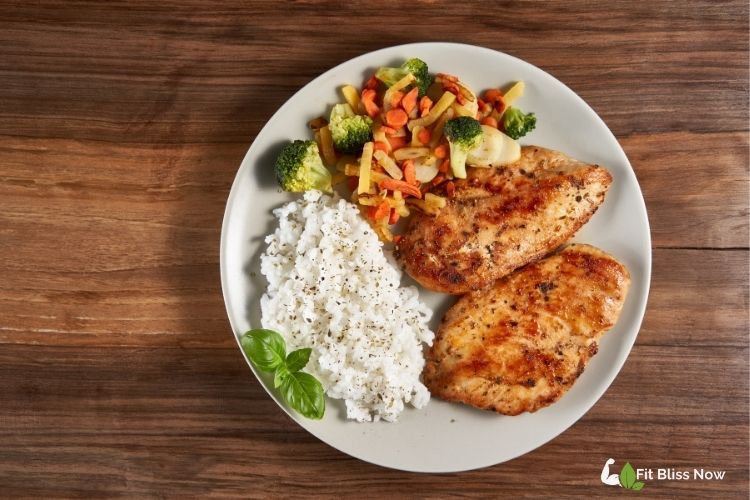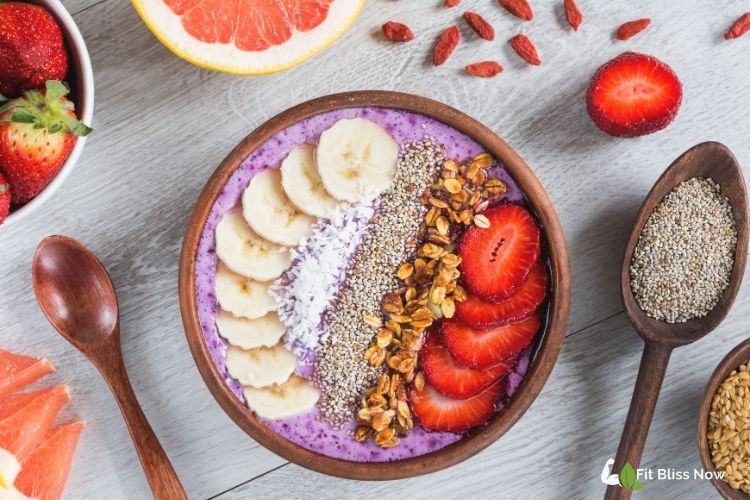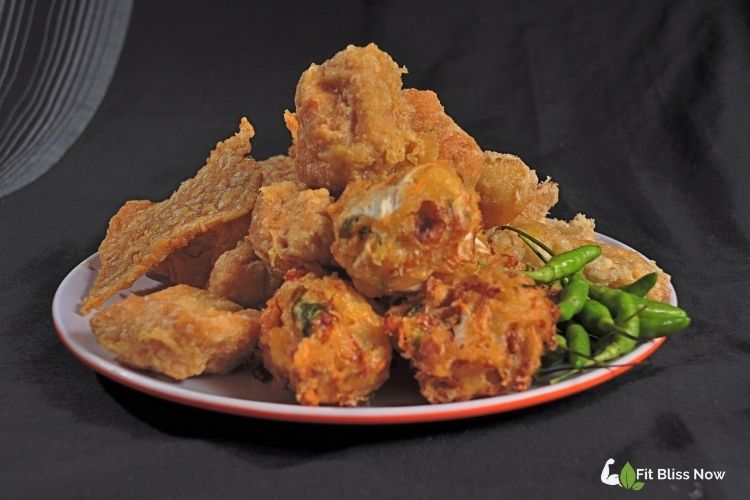Explore the best protein sources for athletes. Learn about plant-based and animal-based options to fuel your performance and support recovery naturally.
Top Protein Sources for Athletes: Plant & Animal Options
Whether you’re training for strength, speed, or endurance, one thing is clear: protein is essential. It supports muscle repair, recovery, performance, and overall athletic health.
But with so many options out there—from chicken and eggs to lentils and tofu—how do you know which proteins are best for your goals?
Let’s explore the best protein sources for athletes, both plant-based and animal-derived, so you can make the best choice for your lifestyle and needs.
Why Protein Matters for Athletes

protein sources for athletes
Protein is crucial for:
Building and repairing muscle
Supporting immune function
Promoting recovery after workouts
Regulating hormones and enzymes
Providing satiety and sustained energy
How Much Protein Do Athletes Need?
On average, athletes should consume:
1.2–2.0 grams of protein per kg of body weight per day
The exact amount depends on training intensity, body composition goals, and sport type
Example:
A 70 kg athlete needs roughly 84–140 grams of protein daily.
Best Animal-Based Protein Sources
Animal proteins are considered complete proteins, meaning they contain all 9 essential amino acids.
1. Chicken Breast

protein sources for athletes
Low-fat, high-quality protein
Easy to cook and versatile
2. Eggs
Contains all essential amino acids
Rich in B12 and healthy fats
3. Greek Yogurt

protein sources for athletes
- High protein, low sugar
Also contains probiotics
4. Salmon & Tuna
- Rich in protein and omega-3 fatty acids
Supports joint and heart health
5. Lean Beef or Turkey
- Provides iron and creatine
A great option for strength athletes
Best Plant-Based Protein Sources
You don’t need to eat meat to build muscle. Plant-based proteins can be just as effective when properly planned.
1. Lentils
- 18g protein per cup (cooked)
Rich in fiber and iron
2. Tofu & Tempeh

protein sources for athletes
- Great meat substitute
Complete protein from soy
3. Chickpeas (Garbanzo Beans)
- 15g protein per cup
Also high in fiber and B vitamins
4. Quinoa
- One of the few grains that’s a complete protein
Pairs well with legumes for extra protein boost
5. Chia & Hemp Seeds
- Easy to add to smoothies, oatmeal, or snacks
Good source of omega-3s and fiber
Combining Proteins for Maximum Benefit
Not all plant proteins are complete, so combining foods like:
Rice + Beans
Whole grain + Lentils
Hummus + Whole grain pita
can help ensure a full amino acid profile.
Post-Workout Protein Ideas
- Protein smoothie with banana + plant-based protein powder
Greek yogurt with berries and chia seeds
Grilled chicken with quinoa and greens
Tofu stir-fry with brown rice
Hummus wrap with veggies and tempeh
Final Thoughts
Protein is essential—but it doesn’t have to be boring or repetitive. Whether you follow a high-protein meat-based diet, eat vegetarian, or are fully plant-based, there are plenty of protein options to support your goals.


